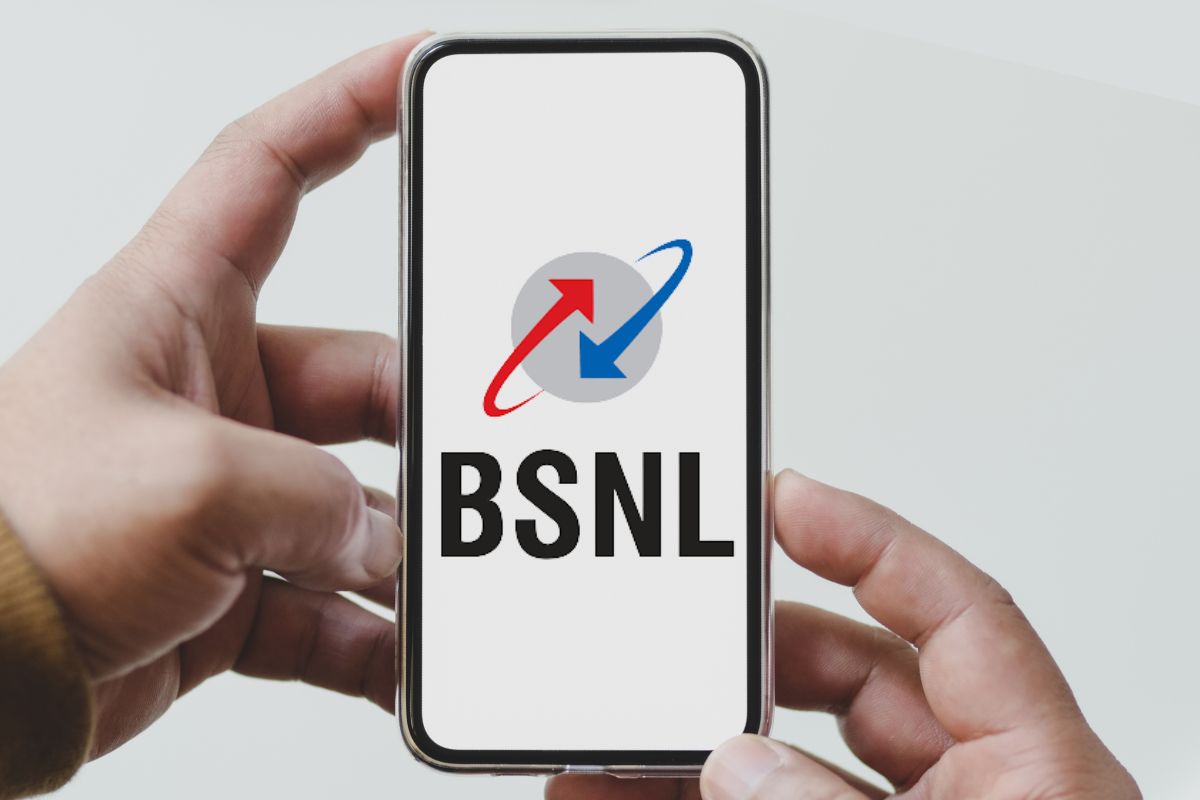The government-owned telecom company Bharat Sanchar Nigam Limited (BSNL) has announced the rollout of its 4G services across the country by September of next year and it has been informed in the parliament that the state-owned telco will see around Rs 900 crore revenue increment due to the same. Dismissing all the rumors, the Minister of State for Communications, Devusinh Chauhan, has said in a written reply to Lok Sabha that there is no ongoing plan to disinvest the two telcos BSNL and Mahanagar Telephone Nigam Limited (MTNL).
The Plan to Rollout BSNL 4G services and the Challenges for the Telco
According to a report from PTI, the minister of state for communications in an inquiry about the 4G rollout by the telco said that BSNL has given a timeline of September 2022 for the pan-India rollout of its 4G services. He further added that the telco’s rollout of 4G services across the country will provide incremental revenue of around Rs 900 crore in the first year of the operation according to the estimation. It is to be noted that for Indian companies that were interested in participating in the upcoming 4G tender of BSNL, the telco had invited Expression of Interest for Proof of Concept (PoC). Earlier the government had initiated a revival plan for both the telecom companies – BSNL and MTNL. This revival plan included administrative allotment of spectrum for 4G services. It was decided that budgetary allocation will be used for the funding of this plan. As per the statistics in the audited financial statement, up until September 30, 2021, the assets of BSNL are worth Rs 1,33,952 crore, and MTNL’s are worth Rs 3,556 crore. This value has been derived on a historical cost basis. The financial statement also provides the data on the netblock of property, plant, and equipment and it was Rs 89,878 crore for BSNL and Rs 3,252 crore for MTNL till March 2021. Moreover, until September 30, 2021, BSNL had a total of Rs 85,721 crore in liabilities whereas MTNL had Rs 30,159 crore in liabilities. Earlier, BSNL had received approval from National Security Council Secretariat (NSCS) for going ahead with the 4G up-gradation plans, but it was cancelled as government nominees on the board felt that it was unsafe to go with Nokia equipment. Even though there wasn’t any prominent risk involved in going with Nokia, the nominees wanted the telco to go with the 4G network completely built in India.
